Cost-effective, scalable process development of vaccines in cell culture
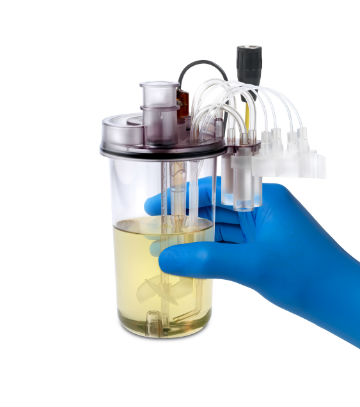
New mini microcarrier bioreactor for ambr high throughput system will enable cost-effective, scalable process development of vaccines in cell culture.
Sartorius Stedim Biotech introduces its mini microcarrier bioreactor for culturing adherent cells.
Sartorius Stedim Biotech (SSB) has launched its new mini bioreactor vessel for its ambr 250 high throughput (ht) system. This new vessel, which is designed for optimal growth of adherent cells on microcarriers will enable rapid, scalable cell culture process development of vaccines. It will be shown on Booth 47 at the BPI European Summit (23-25 April 2018) in Amsterdam, The Netherlands.
The single-use mini bioreactor for microcarrier culture has a working volume of 100-250 mL and features a single Elephant Ear impeller. This impeller type generates optimum mixing and suspension of microcarriers, allowing adherent cells to grow over the entire microcarrier surface. The new mini vessel is based on cell culture bioreactors in the ambr 250 ht system. Utilizing this bioreactor on the ambr 250 ht system will allow rapid scale-up of optimized adherent cell culture processes to SSB’s Biostat STR range of pilot- and manufacturing-scale stirred bioreactors. This results in shorter process development timelines than would be achieved by scientists using benchtop bioreactors and spinner flasks.
Simple to set up and use on the ambr 250 ht, this new single-use mini bioreactor minimizes set-up and turnaround time. With up to 24 bioreactors per ambr 250 ht system, the technology is ideal for Design of Experiments (DoE) studies to optimize process development for vaccine manufacturing using a Quality by Design (QbD) approach.
The new vessel has been tested in collaboration with bioprocess experts at Aston University and University College London as part of an Innovate UK funded project. During these studies, all the cell culture parameters were controlled by the ambr 250 ht automated workstation. The results showed that the new microcarrier vessel design enabled growth to confluence of Vero cells on Cytodex microcarriers’ surface.
“There has been increasing interest in using microcarriers for culturing adherent cell lines in single-use stirred bioreactors as they offer a cost-effective alternative to two-dimensional approaches for vaccine production using T-flasks and roller bottles,” stated Dr Barney Zoro, ambr Product Manager at Sartorius Stedim Biotech. “We are proud to be introducing our new ambr 250 mini bioreactor for culturing adherent cells at the BPI European Summit. Scientists visiting us on Booth 47 will find out how they can use our new mini bioreactor as a predictive model to help shorten their process development timelines and reduce their vaccine manufacturing costs.”
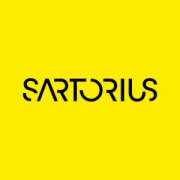
Related News
-
News Moderna to buy OriCiro Genomics in USD $85 million deal
Pharmaceutical company Moderna acquires genomics services company OriCiro Genomics, based in Tokyo, Japan, to boost mRNA therapeutics development and manufacturing portfolio. -
News New year, new prices: at least 350 drugs in USA to see price increases in January
Drugmakers such as Pfizer, GSK, BMS, AstraZeneca, and Sanofi are planning to raise prices for at least 350 unique drugs in the United States in early January. -
Sponsored Content 2023 Pharma Trend Outlook: Innovation, Resilience, and Pharma 4.0
Download our 2023 Pharma Trends Outlook report to discover the trends set to shape the pharmaceutical landscape in the new year, with expert opinions and insight from across the pharmaceutical value chain. -
News Strategic partnership between AstraZeneca and G42 Healthcare to increase pharmaceutical manufacturing in Abu Dhabi
A comprehensive, long-term partnership agreement between AstraZeneca and G42 Healthcare is set to enhance local drug manufacturing in Abu Dhabi, UAE, and bolster pharmaceutical manufacturing innovation within the country. -
News CordenPharma joins sustainability initiative to achieve Net Zero
The CDMO has joined the environmental initiative looking to align private sector companies with those aims upheld by the Paris Agreement to reduce global warming. -
News AstraZeneca acquires Neogene in shift into cell-based cancer therapies
AstraZeneca has recently announced that it will be acquiring the biotechnology company Neogene Therapeutics as part of it’s expansion into cell-based cancer treatments.
-
News A mRNA universal flu vaccine is in early stages of development
Researchers from the University of Pennsylvania have developed a universal flu vaccine using nanoparticle encapsulated mRNA. -
News Biovac partnership to increase African vaccine manufacturing capabilities
South African biopharma company Biovac signs a partnership deal with the International Vaccine Institute to develop and manufacture an oral cholera vaccine for both the African and global market.
Position your company at the heart of the global Pharma industry with a CPHI Online membership
-
Your products and solutions visible to thousands of visitors within the largest Pharma marketplace
-
Generate high-quality, engaged leads for your business, all year round
-
Promote your business as the industry’s thought-leader by hosting your reports, brochures and videos within your profile
-
Your company’s profile boosted at all participating CPHI events
-
An easy-to-use platform with a detailed dashboard showing your leads and performance
.png)


.png)
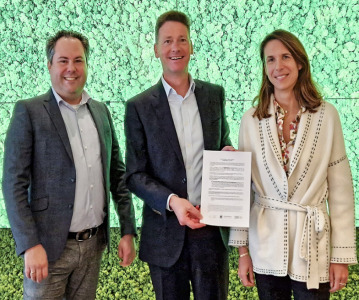
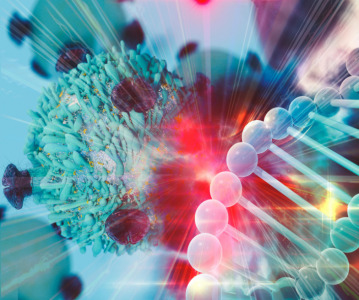
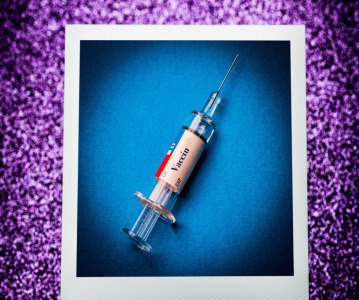
.png)